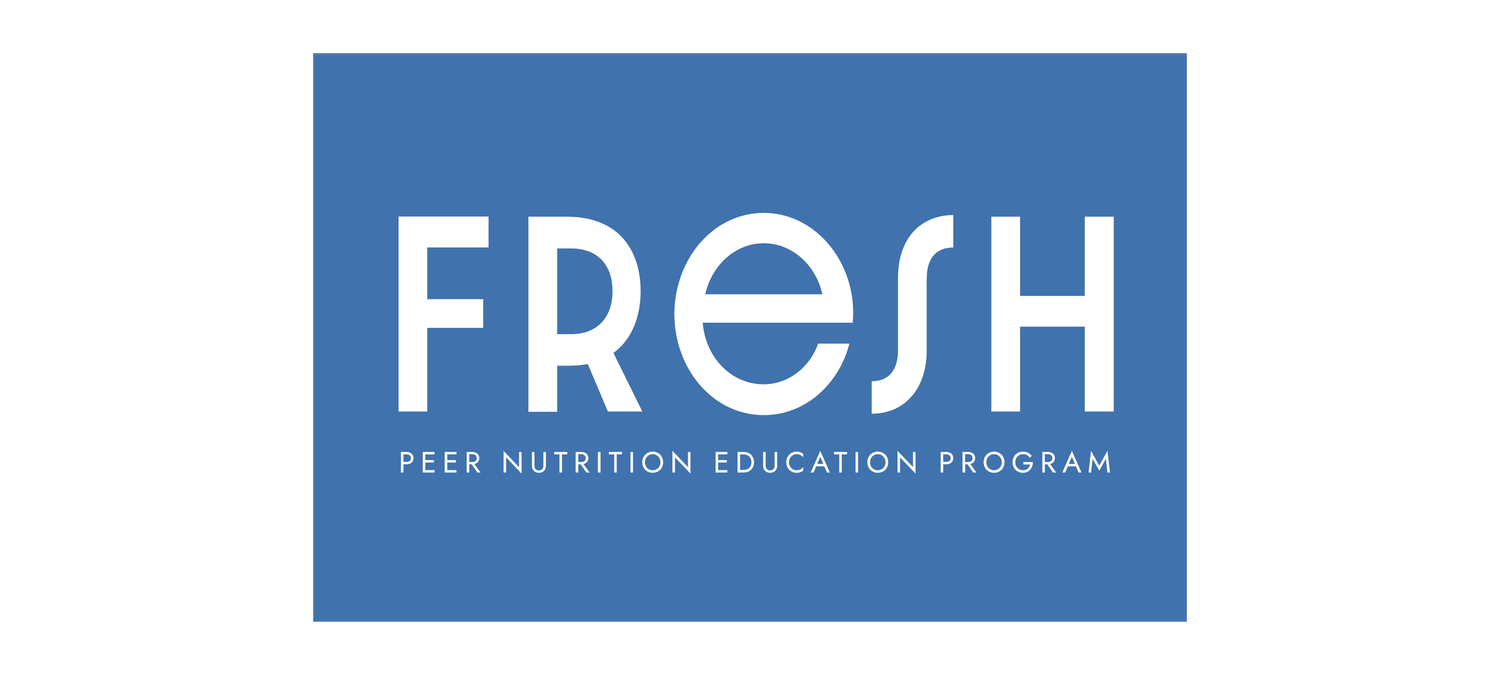Nutrition Myths
Is a gluten-free diet healthy for everyone?
No. Unless you have a diagnoses gluten intolerance/sensitivity or celiac disease, there is no need for you to avoid gluten-containing foods (wheat, rye, barley). There is no evidence that a gluten-free diet is beneficial for people who do not have these conditions. An optimal, healthy diet includes a wide variety of foods to help you meet your daily requirements of numerous vitamins, minerals and nutrients; therefore, cutting out certain foods without reason is not recommended. The presence or absence of gluten alone is not related to diet quality. What’s more important is the overall food choices made within any diet.
Is organic produce healthier?
No. There is not enough scientific evidence to indicate that organic produce is more nutritious than conventionally-grown produce. The nutritional content of produce depends on soil quality, growing conditions, harvesting methods, and timing (e.g., harvest, storage, transportation). In Canada, both organic and non-organic foods are produced following strict guidelines, and foods are tested to make sure they are safe to eat - i.e. pesticide residues are well below what is considered unsafe levels. Eating organic produce may reduce, but does not eliminate your chance of pesticide exposure. All vegetables and fruits need to be washed thoroughly before eating/cooking/preserving.
Should I do a juice cleanse or detox program to improve my health?
No. There’s little evidence to show that cleanses or detox diets work. They are not recommended for preventing disease or maintaining or improving bowel or overall health. A number of unpleasant side effects can result from cleansing diets. These include cramping, bloating, nausea, vomiting, dehydration, headaches, lack of energy, and dizziness. Cleansing diets can also change the healthy bacteria in the colon. Your liver and kidneys actually do a great job of getting rid of what your body doesn’t need! A diet rich in fibre, whole grains, and vegetables and fruits is the best way to help your body eliminate waste products and toxins.
Are there hormones and antibiotics in cow’s milk in Canada?
No. Sales of bovine growth hormones, which are used to increase a cow’s milk production, are illegal in Canada. A dairy cow is only given antibiotics if she is sick. Any cow that is receiving antibiotics is clearly identified and the milk from that cow is discarded for a mandatory withdrawal period until the medication has cleared from the cow’s system. Unless you are lactose intolerant, milk alternatives are not necessary, and there are lactose-free cow’s milk products available. According to Canada’s Food Guide, fortified soy beverage is the only suitable substitute for cow’s milk.
